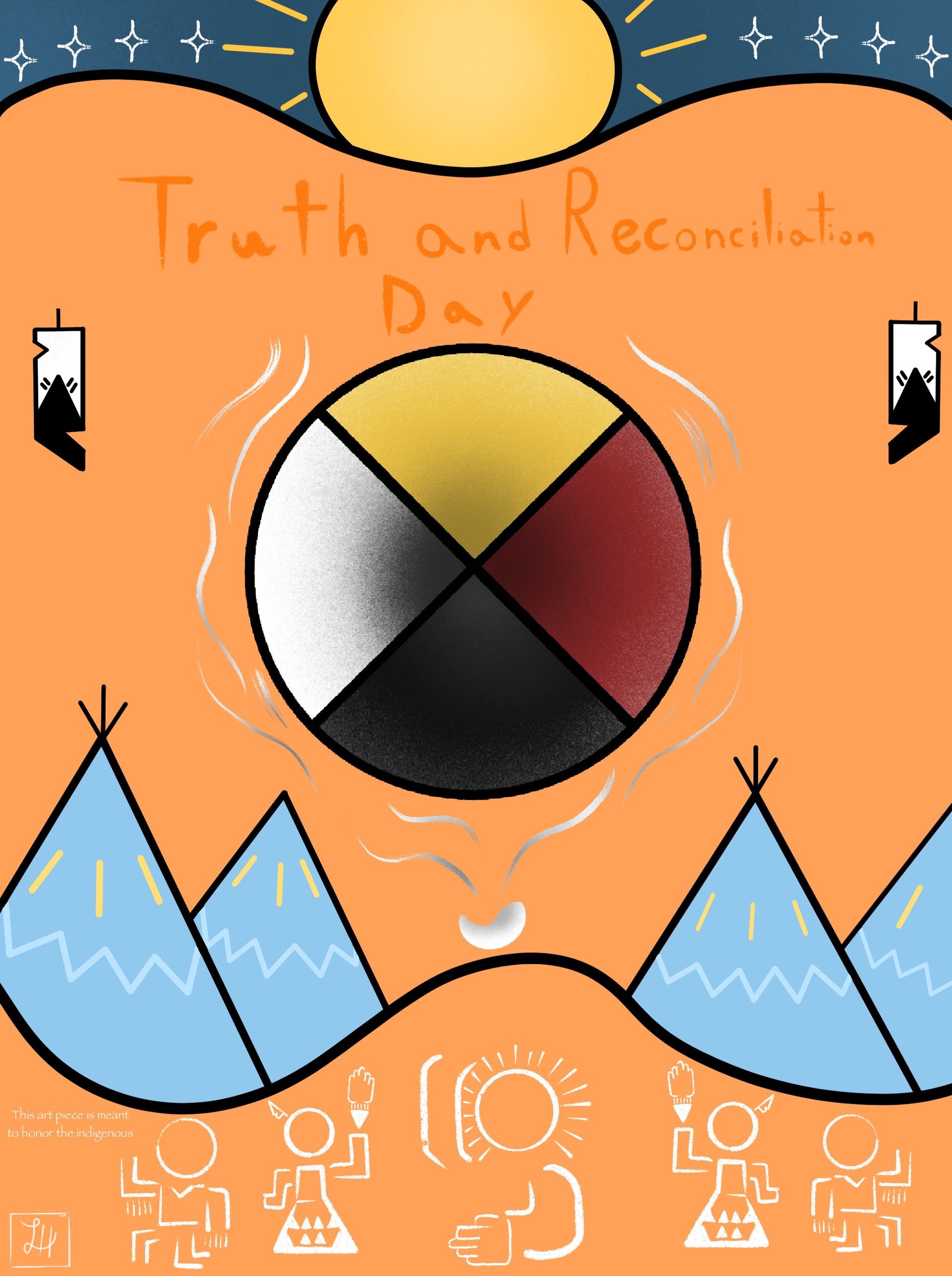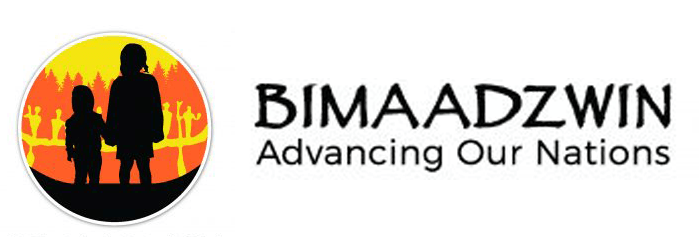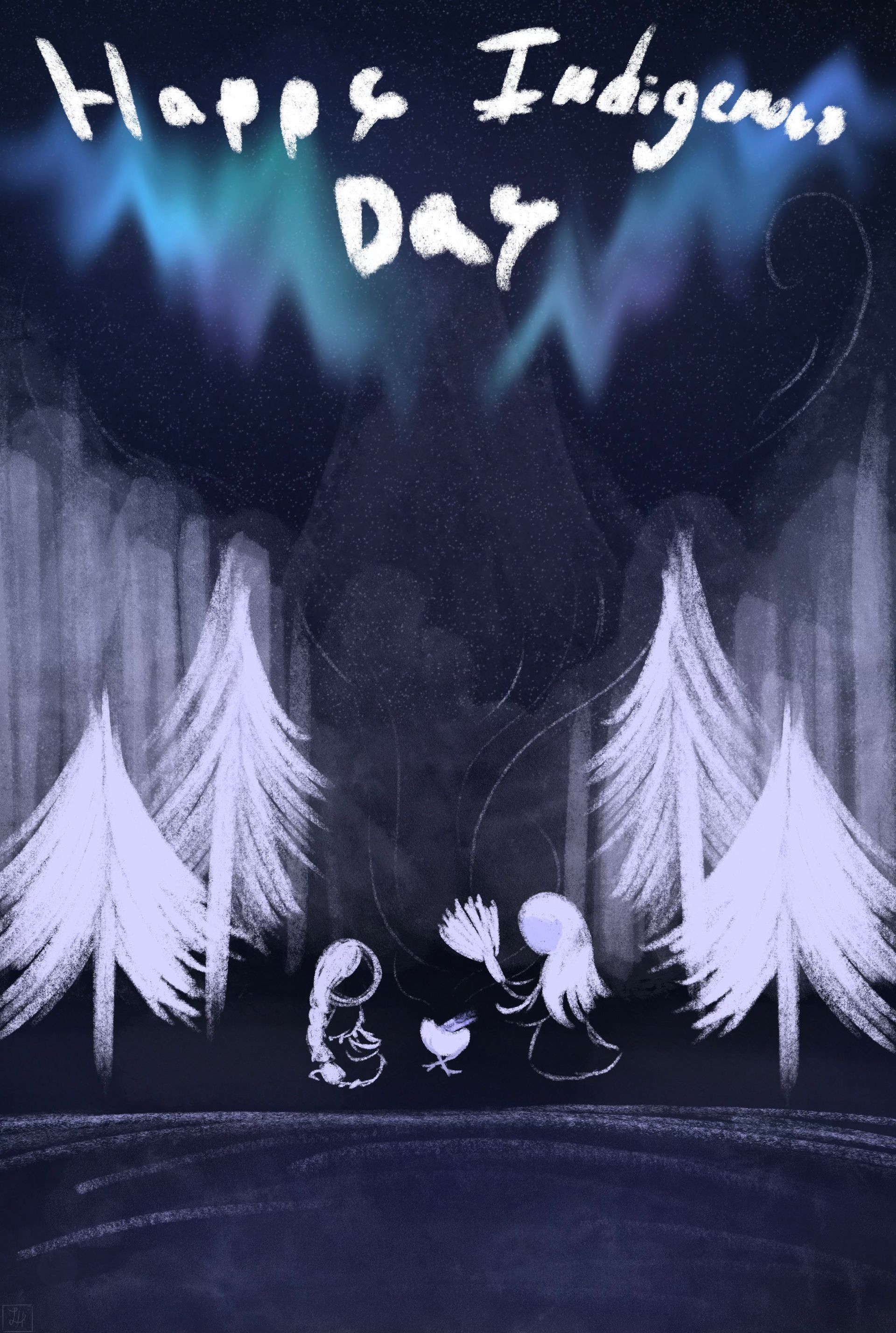Niijaansinaanik Orange Standard: Redesigning Child Well-Being
NIIJAANSINAANIK OFFICES – SEPTEMBER 13, 2022 – Niijaansinaanik Child and Family Services begin the journey of establishing a new standardized approach to providing Indigenous Child, Youth, and Family Well-Being services through the development of the Orange Standard Service Delivery Model.
The Niijaansinaanik Orange Standard approach aims to cultivate a shared understanding of what it means to provide culturally safe prevention and protection services to children, youth, and families. The Orange Standard lays the foundation to promote leading and innovative practices in Child Well-Being, guided by the four pillars: The Rights of the Child, First Nation Child and Family Funding Equity, Niijaansinaanik History, Heritage and Culture, and an “Every Child Matters” Framework of Operational Excellence.
“Our children and families deserve more than the gold standard when it comes to services. We have far too many issues that have plagued us under a provincial child welfare regime that must be redesigned,” said Niijaansinaanik Board of Directors President Marnie Anderson, “The Niijaansinaanik Board of Directors have decided that our standards will be unique and founded upon our worldview and standards that are rooted in Indigenous ways of knowing. This is the beginning of our work to develop the Orange Standard and will be the foundation for redesigning Child, Youth, and Family Well-Being in our communities.”
The Orange Standard Model started by Niijaansinaanik will include a community and culturally defined set of principles that redefine how Indigenous child prevention and protection will be implemented in the communities served. The Orange Standard will enhance and prioritize prevention, family support, and cultural healing over any protection intervention when possible; meaning that the focus will always be on what is best for the child/youth and what supports will contribute to well-being.
“We seek to establish a set of principles that demonstrate Indigenous values including the Grandfather Teachings to continue building strong families, communities, and nationhood,” said Executive Director Joanne Koehler. “The Orange Standard honours children, youth and families, and communities affected by historical trauma.” Niijaansinaanik has set a 1, 2, and 3-year critical path for this work, and the project has been recognized by Indigenous Services Canada (ISC). The agency will begin outreach to include government partners, child well-being experts, and other collaborators that bring structure and semblance of new standards that break the current colonial mold.
“The Orange Standard will bring back our traditional ways and teachings of our people that were lost upon contact,” said Niijaansinaanik Head Elder Joyce Tabobondung.
Contact:
Shayla Brunet, Communications Coordinator
Niijaansinaanik Child and Family Services
1-855-223-5558 ext. 4001
Shayla.Brunet@niijcfs.com
Our organization:
In March 2016, jurisdictional Chiefs mandated Waabnoong Bemjiwang Association of First Nations (WBAFN) to pursue the development of a First Nations Children Services Agency for the member First Nations including Wasauksing, Wahnapitae, Magnetawan, Dokis, Henvey Inlet, and Shawanaga First Nation (independent). By September 2016, operations began, for what would be known as Niijaansinaanik Child and Family Services to begin activities as a pre-designated agency. Since beginning, Niijaansinaanik has worked to reclaim and restore jurisdiction for the safety, protection, and well-being of Indigenous children, youth, and families. Niijaansinaanik Child and Family Services received provincial designation on April 1st, 2021.
Share this post on social media



